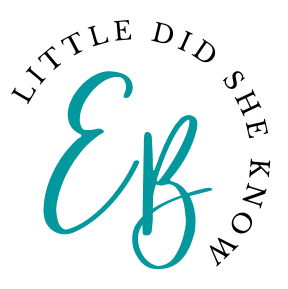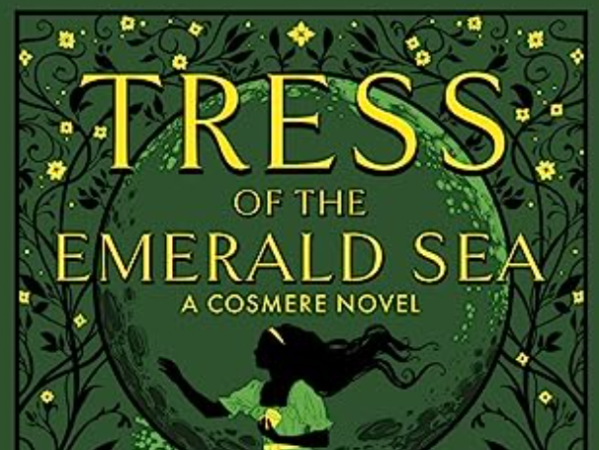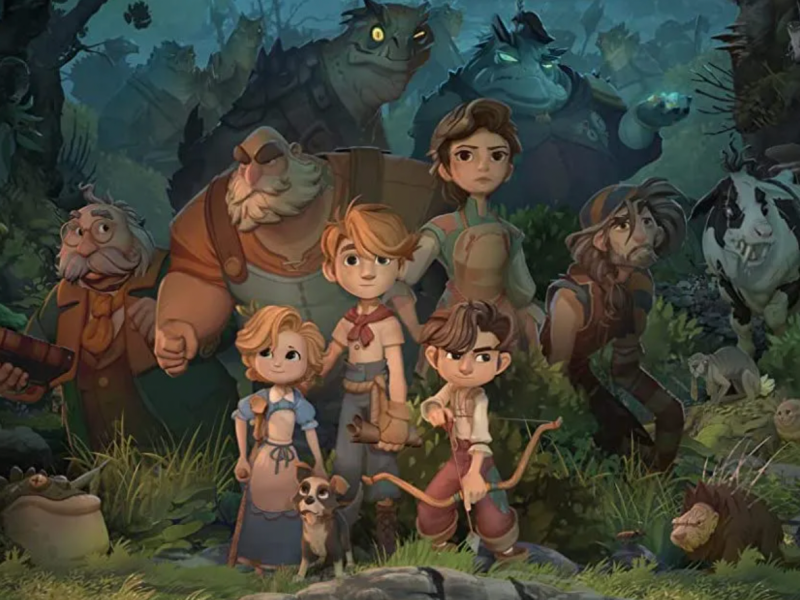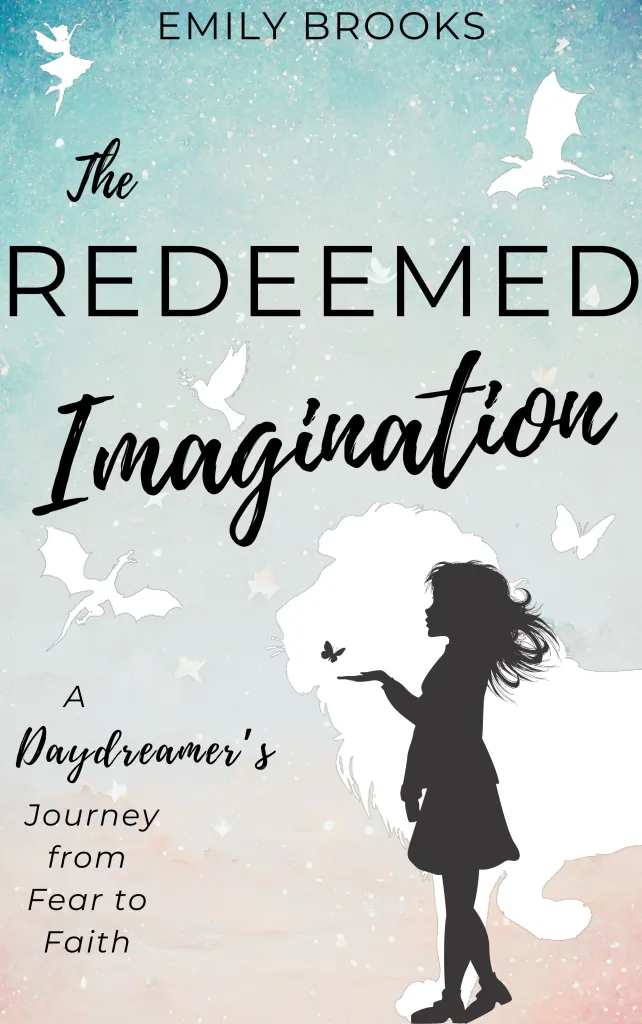What is self-sabotage?
I am a master at self-sabotage. Sometimes it’s like I don’t actually want to be happy, and so my mind anxiously searches for things to mope about.
In The Confidence Podcast, Trish Blackwell regularly discusses how we sabotage ourselves with thoughtless habits and mindsets. We may have great ambitions but allow fear and even subconscious blocks from letting us live up to our potential.
When we self-sabotage, we are most likely unaware that we are setting ourselves up to fail. Instead, we might blame our circumstances or other people for our inability to get things done. By not addressing our culpability, we let the habit fester.
How ambition can lead to a fear of failure
As a writer, I have many ambitions that drive me. I want an agent. I want to be published. I want to be a successful, best-selling author. Etcetera…But according to some, this ambition is actually hurting my ability to write.
The TedEd video “How to get motivated when you don’t feel like it” reveals that we can actually demotivate ourselves when we add an external motivator to something we enjoy. It first explains the differences between extrinsic and intrinsic motivation. Intrinsic motivation—when you do a task as an end in itself because it is enjoyable or rewarding—is the best motivator. But extrinsic motivation—when you do a task as a means to an end—works well for tasks that aren’t enjoyable.
According to the video, adding extrinsic motivators to a task we enjoy can “muddy” our motivation and slow down our progress.
While everyone may be different, I experienced this when trying to write a novel. I was so concerned about the “ends”—the potential to be published–that it distracted me from the writing process.
For me, the extrinsic motivators instead became fear-inducing. While I thought dreaming of the exciting possibilities would have motivated me, they only increased my fear of failure. My “what ifs” twisted from dream-like to nightmarish.
What if I do all of this for nothing?
What if I embarrass myself?
What if this just proves that I’m not good at this?
The original motivation to write something was because I enjoy storytelling. I love sitting on my back deck and thinking up character arcs and twisted plots and unique worlds. I love listening to soundtracks that inspire scenes. I love typing a planned scene and then being surprised when it takes a different turn.
Adding the external motivator turned the enjoyable experience of writing into a means to an end. This meant that, if I “failed” to get published, then all of that time would be wasted.
Cultivating intrinsic motivators
Do you know who doesn’t worry about extrinsic motivators?: The group that plays pickle ball at my church weekly. They aren’t worried about getting onto a team to make money or prove their worth. They aren’t worried about being “successful” pickle ball players with trophies to put on their shelves. They may have an external motivation to be healthy, but I don’t think that’s what motivates them to carve out time each week to play the game. I think they do it because it’s fun.
I have activities that I do purely for fun, like watching TV, going for walks, kayaking, or spending time with friends. I wouldn’t say it was a waste of time just because “nothing came of it.”
I understand that there is a problem in this comparison. By writing, I am pursuing a career just like my husband studied to become a software engineer. I have to treat writing like any other job. The difference is that I don’t know what the result will be, and there are many things about it that I can’t control. The work must be the same as if it were a job, but my mindset may have to shift.
In a resent episode of my podcast, I discussed a video by Brandon Sanderson where he encourages writers to focus only on what they can control. When we do this, we can actually free ourselves to write.
Maybe you’re not a writer, but you may have something that you’re pursuing with a hope that it will be a means to an end. You might feel like you would be a failure if that didn’t happen. Sanderson would say that doing hard things makes us better people, and so that time is never wasted.
I don’t want to look back on my writing time as a “waste.” I don’t want to see it as a failure just because I don’t get published. If I enjoyed the process and grew as a person, then that should be enough.
But I won’t enjoy the process if I’m worried the whole time about the result. And if I’m so worried I’m not enjoying myself or not able to work freely, then that really would be a waste of time.
That doesn’t mean that I don’t write when I “don’t feel like it.” But if I’m miserable every time I write, that should tell me something. Maybe writing isn’t for me, or maybe I’m focusing on the wrong things and not allowing myself to enjoy the process in the moment.
Redefining failure
Failure, then, would be to not write at all, or to force myself to write for some external reason that won’t even matter if I’m no longer enjoying the writing process.
While “enjoyment” may not be the most important thing for all pursuits, I think it or something similar—such as fulfillment, satisfaction, or peace—matters when we decide how to spend our time. We can’t be miserable artists hoping for success. The joy of success is short-lived. We must do what gives us satisfaction today.
So when we are defining failure, I think it’s essential to think of our everyday lives rather than a singular moment in the future that “might” happen. Today is far more certain, and the future is out of my control. I must shrink my timeline when thinking about failure and success (if I have to think about them at all).
So instead of defining success and failure around whether or not I get published, I can instead ask myself:
Did I write today?
Did I do my best and not quit when things got hard?
Did I do things that gave me joy, strengthened my relationships, or developed my character?
Prioritizing what matters
In the Writing Excuses podcast, graphic novelist Howard Taylor describes a season where he used all of his free time to write while working a full-time job. While we may be quick to applaud him for his devotion to his craft, he quickly adds: “And I will never get that time with my family back again.”
That sentence haunts me. As an artist, I feel continually pressured (mostly by myself) to work as hard as I can. People will say that you have to give everything to your craft. You have to put it first above all else.
But what really matters? What’s at stake if I set aside everything for this?
What Howard Taylor described could have been defined as a success. He did the job. He eventually became a successful graphic novelist. But he recognized it as a failure of priorities.
I wrote in a recent blog post that prioritizing what matters looks like putting seemingly unproductive activities into my schedule, like going for a walk or journaling. These activities may not move me closer to my career goals, but they do make life more beautiful today. They do improve my mindset and make me a better person today. Like setting aside time to nourish my body, these activities provide essential nourishment to my mind.
Last week, I practiced time boxing and time blocking (which was extremely helpful and something we’ll talk about in a future podcast episode). But when I found out my sister-in-law was in town, I set aside the schedule to go see her because that, ultimately, was more important to me at the moment. It’s not always possible to do that, but because I had the means, I chose to put her first.
Ultimately, life can only be lived in the moment. While it’s important to plan for future “present moments,” I don’t want to neglect building the life I want to live today.
So when I do sit down to write, I know that I’m not choosing that only because of a potential career but because it’s how I have chosen to spend my time in the present.
After all, as Annie Dillard once wrote, “How we spend our days is, of course, how we spend our lives.”














Leave a comment